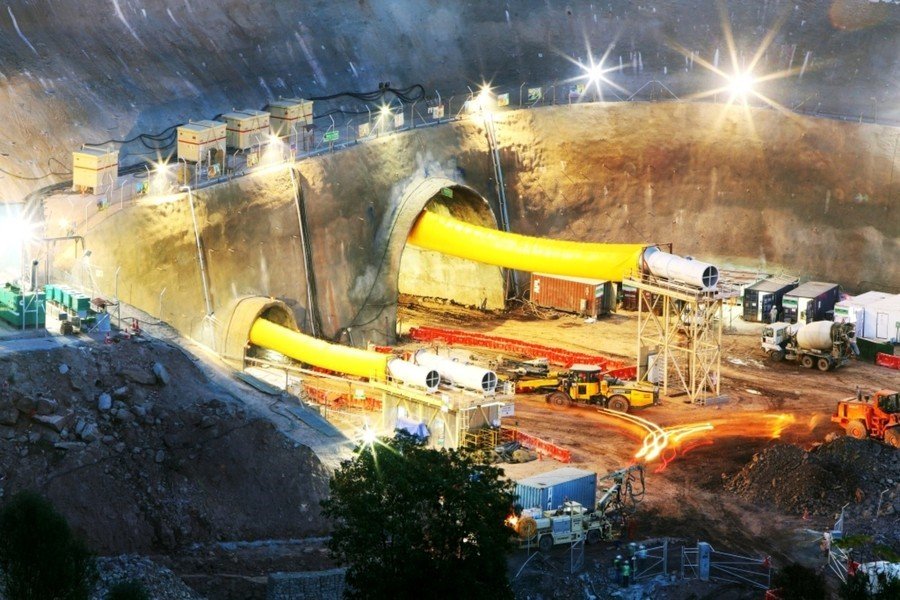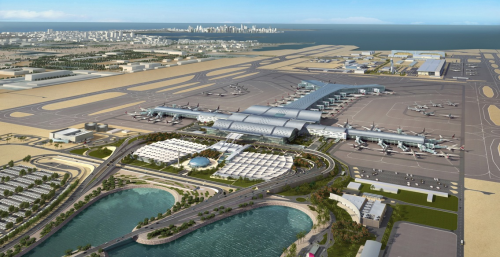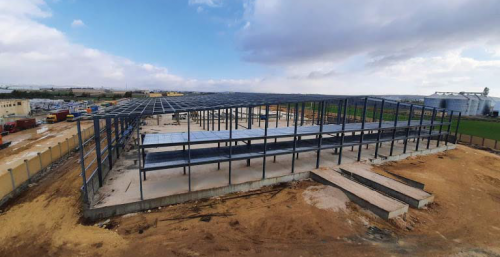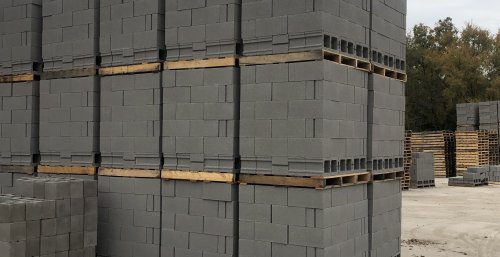Tunnel T-48 on Katra-Banihal Section of Udhampur-Srinagar-Baramulla New BG Railway Line (USBRL)

Task at Hand
With a goal of providing an alternative and reliable transportation system to Jammu & Kashmir, the government of India planned a 272 Km (170 mile) long railway line joining the Kashmir Valley with the Indian Railways Network under the Udhampur-Srinagar-Baramulla Rail Link Project (USBRL).
The scope of USBRL involves the construction of a large number of tunnels and bridges in highly rugged and mountainous terrain through the complex Himalayan range.
The “T-48” Tunnel, which is considered to be the third longest railway tunnel in India, is one section of the railway line with an approximate length of 6.3 miles. The tunnel’s layout comprises a single railway track with the main tunnel’s internal section being about 40 m2 (430 ft2) with a parallel escape tunnel of 18.4 m2 (200 ft2).
The major part of the tunnel was excavated with mechanical breaking and drill blasting. The basic support system consisted of a dual lining composed of an initial shotcrete lining with a final cast-in-place concrete/shotcrete layer. This method was chosen over a traditional thick, stiff single lining.
Compression resistance, water penetration, permeability, structure density, and porosity were determined using state of the art testing technology. After evaluating the site conditions and the tested drilled cores, the required values were not reached in certain sections of the tunnel. Therefore, it was concluded that either a specific shotcrete reinforcement or an inner lining must be applied.
DCP Solution
Transrail Lighting Limited required unique concrete admixtures for the Wet Shotcrete of the tunnel. Liquid alkali-free accelerators were proposed due to their advantages in seting time reduction, early compressive strength gain, lower surface dust and rebound rate, and overall safety for the shotcrete applicators when compared to traditional alkaline accelerators. DCP was able to provide the perfect solution with premium products and technical expertise through Proset AF; an Alkali-free liquid accelerator for wet-mix sprayed concrete, in addition to Supaflo PC300; a High performance concrete admixture based on polycarboxylic polymers.
Proset AF:
The nature of shotcrete technology demands the use of accelerators to allow for rapid solidification and hardening of material. Considering the effect of accelerators on the mechanical properties of sprayed concrete, Proset AF was applied on-site to both improve the bond strength of the shotcrete and increase the performance of anti-sagging.
Sprayed trials were conducted in order to determine the optimum dose of Proset AF, through the determination of setting time, strength, and dispersibility. With proper dosage, this admixture increases the primary spraying thickness, reduces material rebound and reduces dust pollution by accelerating the solidification of spraying materials thus improving economic efficiency and reducing the overall wastage of material while meeting engineering needs.
Supaflo PC300:
An environmentally friendly, high performance superplasticizing admixture Supaflo PC300 was the ideal choice to meet the client’s requirements of a concrete mix with enhanced rheology and cohesion.
Adding a polycarboxylate ether-based high range water reducing superplasticizer into shotcrete provides superior flow and workability while maximizing strength performance through a lower water/cement ratio. Supaflo PC300 was approved at its dosages suggested by DCP’s R&D center, and an excellent quality shotcrete was achieved without additional water, superplasticizer, or retarder.
For more information on the case study, download the attached file. You can find it right under "Project Info". Follow us on social media for more interesting case studies!





